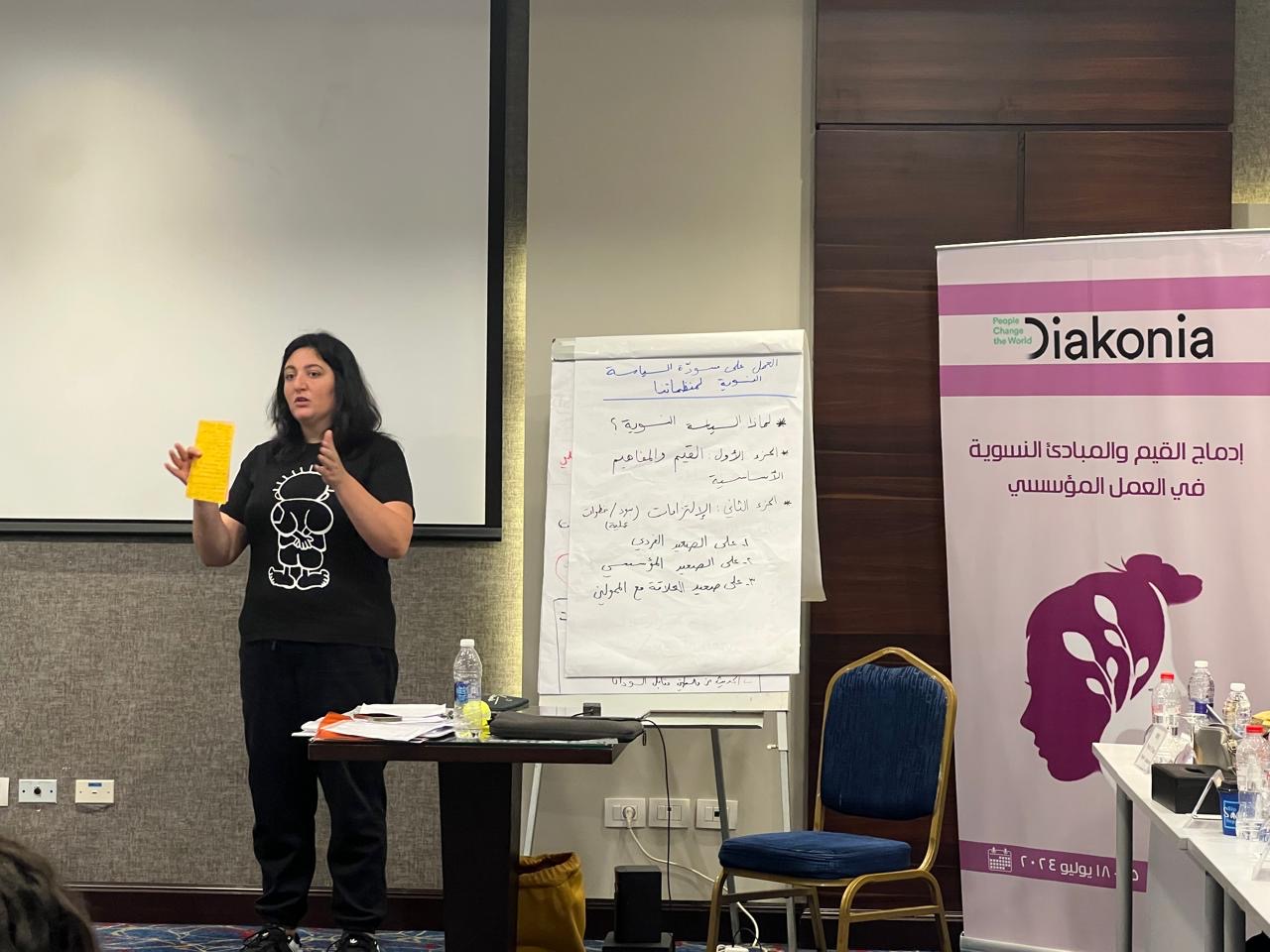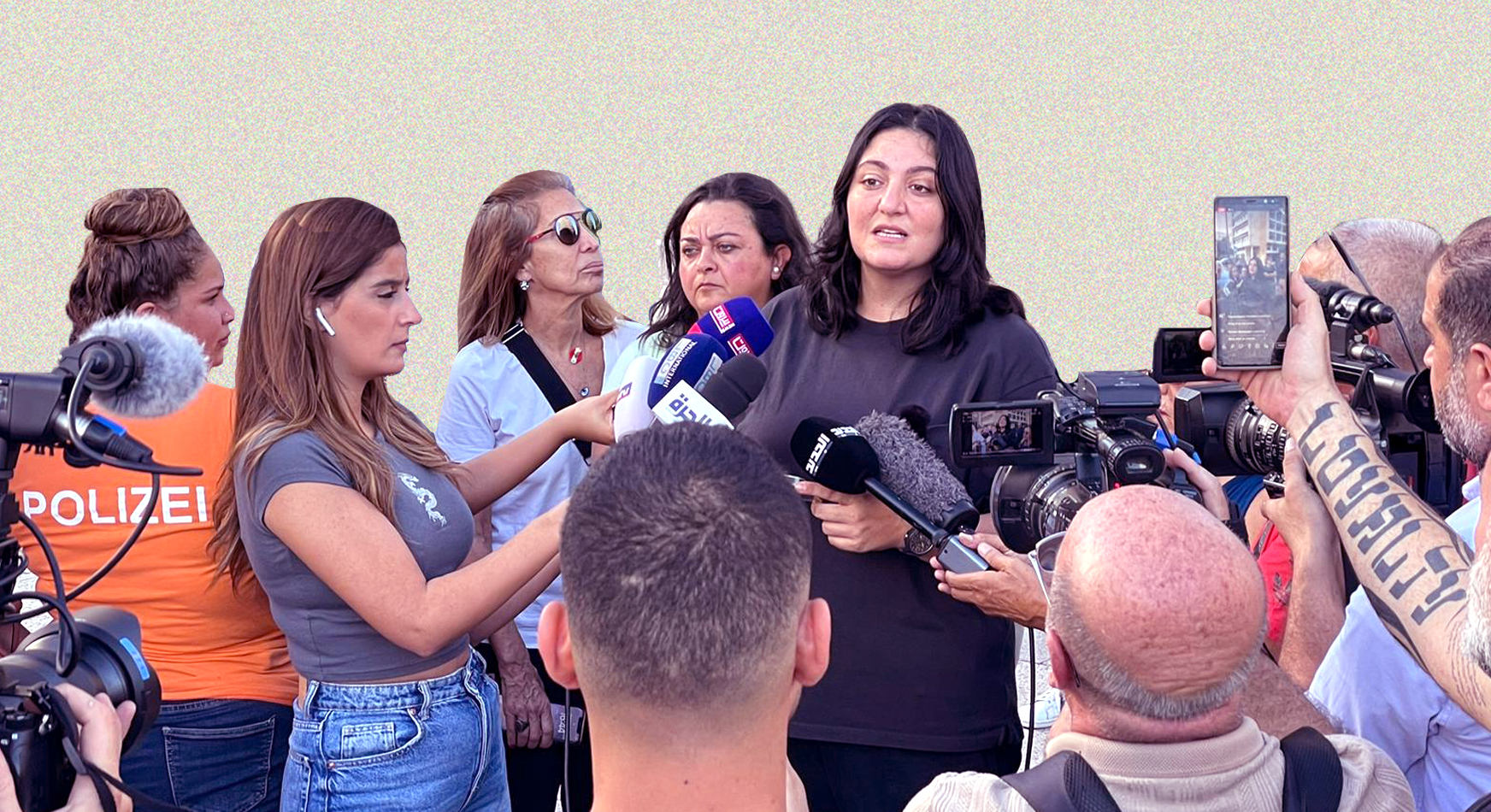
BEIRUT: The new public health measures implemented around the world required the confinement of people to prevent the spread of the coronavirus, and this created an adequate opportunity for abusers to swoop freely. In Spain, the emergency number for domestic violence received 18 percent more calls in the first two weeks of lockdown. In France, reports disclosed a dramatic rise of about 30 percent in domestic assault. In the UK, at least 16 domestic killings were identified. In Lebanon, calls to ISF domestic abuse hotline have increased by 20 percent in March. And the list goes on.
While the global attention has been diverted to managing a health pandemic, staying safe at home was not the case for a lot of people, and exploitation spread throughout different categories: foreign domestic workers, women victims of human trafficking, LGBT community, women with disabilities, the elderly, and refugees.
In an attempt to instil a sense of urgency, engagement and accountability within these vulnerable groups, The May Chidiac Foundation-Media Institute (MCF-MI), in partnership with The United Nations Entity for Gender Equality and the Empowerment of Women (UN Women), launched a project under the title of “reporting on gender-based violence with emphasis on sex trafficking”, to ensure a greater broadcast on the matter. The venture which is funded by the Government of Japan and the Government of Finland, adjusted its focus to the ongoing pandemic that affected especially but not exclusively, minorities.
“Despite the drastic spread of Covid19, sex traffickers resumed sexual exploitation on marginalized women justifying their manipulation with the dire economy Lebanon has reached,” explained Hayat Mirchad, co-founder of Female organization and one of the main speakers of the project.
As many abusers claim that difficult living conditions, financial oppression, and political pressure are the motives that propel them to behave violently, psychotherapist Toubia Farah, affirms that none of these excuses are valid. “Nothing justifies violence, whether it’s a behavior, a word, a reaction, and definitely not a lockdown situation,” he shared with Annahar.
During the latest online session of the project, Mirchad explained all different types of abuse affecting the previous groups mentioned. “Domestic workers were not getting paid properly or sometimes not getting paid at all, they weren’t granted access to appropriate medical treatment in case they were infected with the Covid19 virus, which is why some of them were attempting suicide.”
Having had provided supportive services and shelter spaces, some nonprofit organizations have reached their maximum extent, which is why shedding the light on communicating and seeking professional help is fundamental to put an end to abuse at its initial phase.
2020 marks the 25th anniversary of Beijing Declaration and Platform for Action, a committed framework to better achieve gender equality and the empowerment of all women, everywhere. The conference calls for Governments, international organizations, civil society and the private sector to safeguard women’s human rights. It visualized gender equality in all dimensions of life but no country has yet finished this agenda.
MCF-MI and UN Women are also launching online awareness campaigns aiming at shedding the light on the challenges faced by front lines health care workers and vulnerable communities.








Leave A Comment